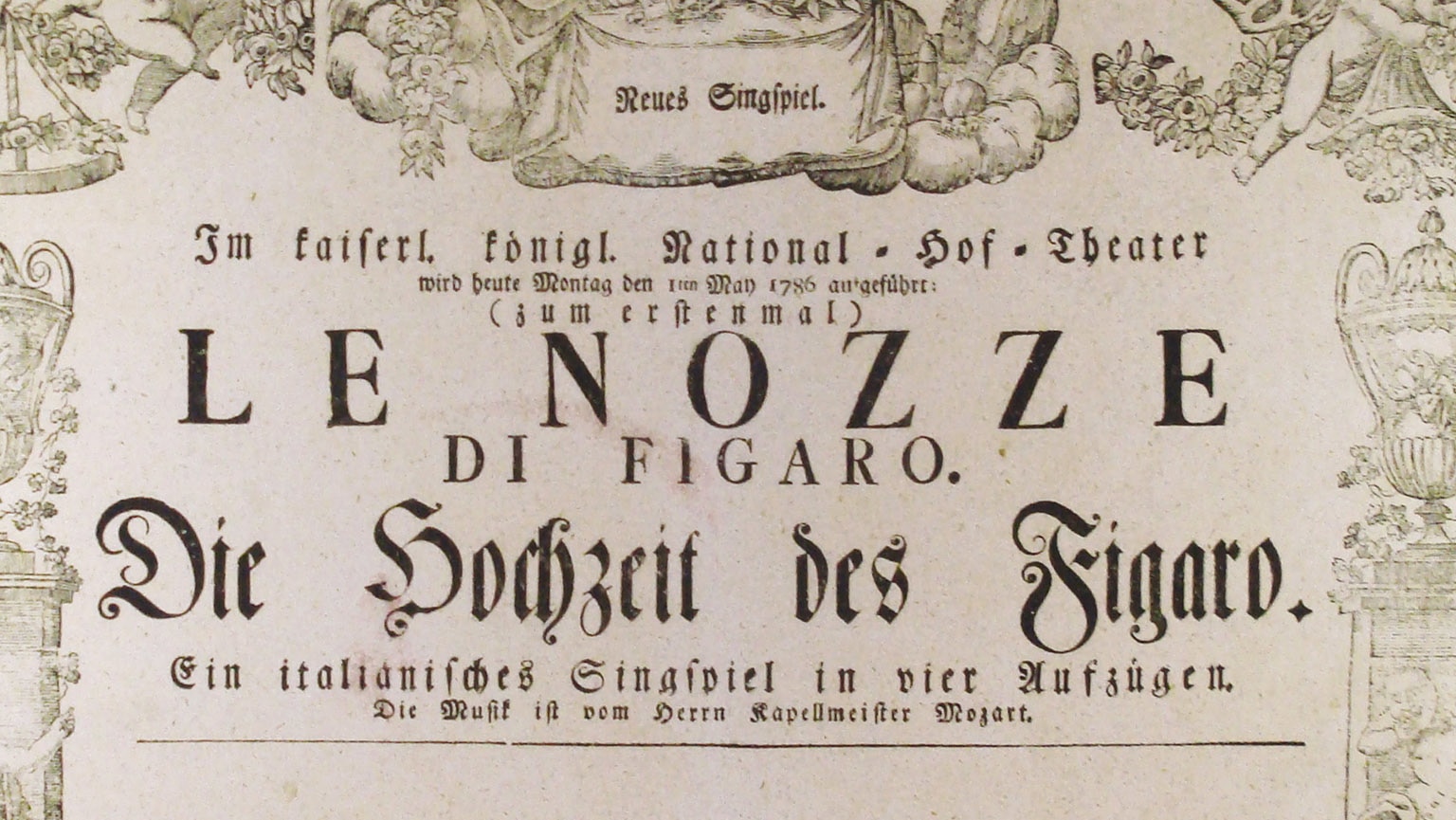Haydn’s Symphony No. 103 in E-Flat Major: The “Drumroll”
Franz Joseph Haydn’s twelve “London” Symphonies (Nos. 93-104) arrived at a thrilling moment in music history. It was the early 1790s, and the tumultuous effects of the American and French Revolutions were rippling through society. London’s Hanover Square Rooms reflected the birth of the modern public concert hall, and gave “architectural expression to the growing and powerful sacralization of music.” (Blanning, The Triumph of Music) After 30 happy years in the employment …







